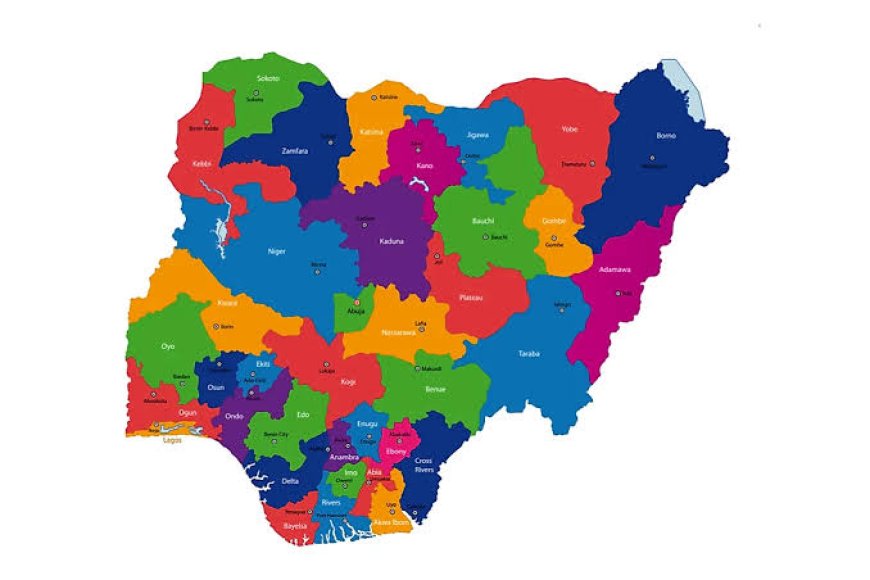Ogoja State and the 30 Others Proposed by House of Representatives

The 31 proposed states span across the country’s six geopolitical zones, with multiple states being considered in each region:
North Central: Okun, Okura, and Confluence (Kogi); Benue Ala and Apa (Benue); FCT State
North East: Amana (Adamawa); Katagum (Bauchi); Savannah (Borno); Muri (Taraba)
North West: New Kaduna and Gurara (Kaduna); Tiga and Ari (Kano); Kainji (Kebbi)
South East: Etiti and Orashi (a proposed 6th state in the South East); Adada (Enugu); Orlu and Aba
South South: Ogoja (Cross River); Warri (Delta); Ori and Obolo (Rivers)
South West: Torumbe (Ondo); Ibadan (Oyo); Lagoon (Lagos); Ijebu and Ogun (Ogun); Oke-Ogun/Ijesha (Oyo/Ogun/Osun)
The demand for new states is not new in Nigeria. Many advocates believe that creating more states will enhance governance, ensure better representation, and bring development closer to the grassroots. Some ethnic groups argue that they have been historically marginalized and need their own states to achieve political and economic empowerment.
For instance, proponents of Orlu State in the South East argue that their region has fewer states than other geopolitical zones, limiting their political influence.
Similarly, advocates for Ibadan State believe that Oyo State is too large and that the city of Ibadan deserves a distinct political identity.
While the demand for new states continues to grow, the process of state creation in Nigeria is highly complex and difficult. According to the 1999 Constitution, a new state can only be created if it meets stringent requirements, including:
Support from two-thirds of the local government areas in the affected state(s)
Approval by the National Assembly and the President
A nationwide referendum supported by a majority of voters
In the past, similar proposals have failed due to political interests, lack of consensus, and economic concerns. Critics argue that Nigeria’s economy cannot sustain more states, as many existing states already struggle to generate revenue and depend heavily on federal allocations.
Now that the proposals have been submitted, the House Committee on Constitutional Review will examine them and determine if they meet the constitutional requirements. The process could take months or even years, and there is no guarantee that any of the proposed states will be created.
Source: The Nation












































